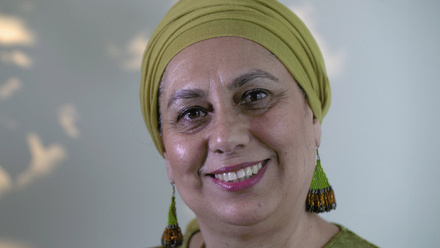Recent Netflix research has found that nine out of ten working-class parents would discourage their children from pursuing a career in film and television because they do not see it as a viable career; and when only 8.4% of the UK TV and Film workforce identifies as being from a working-class background, it’s perhaps easy to understand the reasoning.
This 8.4% represents a crisis in our sector. We are not representative of the UK and global audiences we seek to engage with our output. Add a cost-of-living crisis, the insecurity of freelancing, industry layoffs, and budget and wage squeezes, and we have a perfect storm of exclusion that has led to TV and film becoming a less desirable career prospect than medicine, law, banking or tech.
We have the data about socio-economic representation exclusions in TV and film, but what can we do to address the deficit and turn round a growing narrative that says TV and film is “not for us”?
In this interactive session led by Creative Diversity Consultant, Elonka Soros, participants will:
- Gain a clearer insight into what socio-economic representation means in the UK today, to enable clearer conversations.
- Learn how socio-economic representation impacts life chances and opportunities in the TV and film sector.
- Consider how socio-economic representation biases play out in the workplace, impact our content and affect our relationships with audiences – with optional reflection/discussion focussed on your current experiences.
- Share real life scenarios with actions for eliminating class bias in your production teams and workplaces.
This event is open to leaders of UK-based independent production companies and their employees and freelancers.
If you do not have an existing Pact website login, you will need to register for an account as part of the registration process. This is a quick and simple process and you do not have to work for a Pact member company in order to register.





